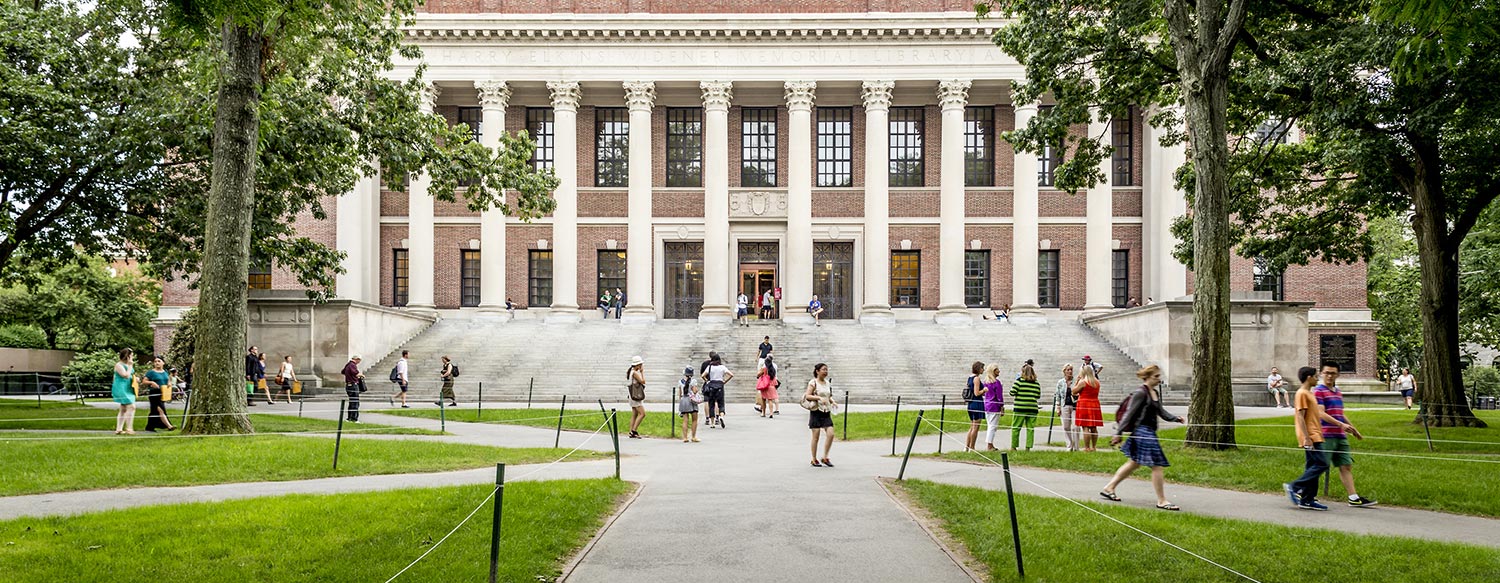
Colleges are large communities that are home to thousands of people. Like other communities around the world, colleges have the responsibility of helping to protect the environment and sustain natural resources for future generations. One of the most common ways that colleges and universities endeavor to achieve this goal is by making their food service supplies more socially responsible. There are several ways that colleges can accomplish this.
Recycling Programs
One of the easiest ways that higher education institutions can reduce the environmental footprint of their food supply services is by offering recycling programs to students and faculty. These programs are some of the most visible ways to promote good environmental policy; when combined with sufficient marketing efforts, recycling policies alone can help a school become much greener. Plastics, glass, aluminum, and polystyrene are just a few of the food service supplies that dining halls at universities are recycling to make their food service programs friendlier to the environment.
Sustainable Cleaning Best Practices For Universities
Buying Local
One of the best ways that colleges can help reduce their impact on the environment is by supporting their local food suppliers. According to Sustainable Connections, buying local helps reduce the environmental impact of food supply chains because it minimizes the amount of distance that needs to be traveled by large commercial vehicles for food to be produced and shipped to customers. This means less pollution from vehicle exhaust and less consumption of gas. Local growers also generally use more organic methods of producing food, meaning less chemical fertilizers are released into the environment and water systems.
Conservation Of Energy
Conserving energy is a huge concern when it comes to increasing the sustainability of food service programs. Large-scale food appliances like dishwashers and refrigerators tend to use a tremendous amount of energy. The most progressive schools will opt for energy-efficient versions of all of the available food appliances, which cut down on the electricity and water that a food service program uses. At Notre Dame University, for example, efficient fryers save about $600 in energy a year, while dishwashers save more than $1,000 in water and energy costs.
Procurement Outsourcing Problems And Why You Don't Want Them
Conducting Reviews And Forming Valuable Partnerships
One of the best ways that colleges can make their food service programs more sustainable is by holding audits of their operations. These audits allow administrators and others responsible for environmental policy to analyze areas where improvement is possible and take the necessary steps to make these changes, even if they need to happen on a large scale.
Supplier partners can also have a critical impact on sustainability. With the right kind of source for food service supplies, it is possible for a university to save money and use less resources. With the help of an AFFLINK food service distributor, universities can increase the sustainability of their programs in three critical areas: product, or the kinds of supplies used; process, or how the supplies are implemented; and supply chain, how the products get to their end location. Paying attention to all of the points listed here will help a university minimize their environmental impact and promote a better future.

About Michael Wilson
Michael Wilson is AFFLINK'S Vice President of Marketing and Communications. He has been with the organization since 2005 and provides strategic leadership for the entire supply chain team. In his free time, Michael enjoys working with the Wounded Warrior Project, fishing, and improving his cooking skills.




